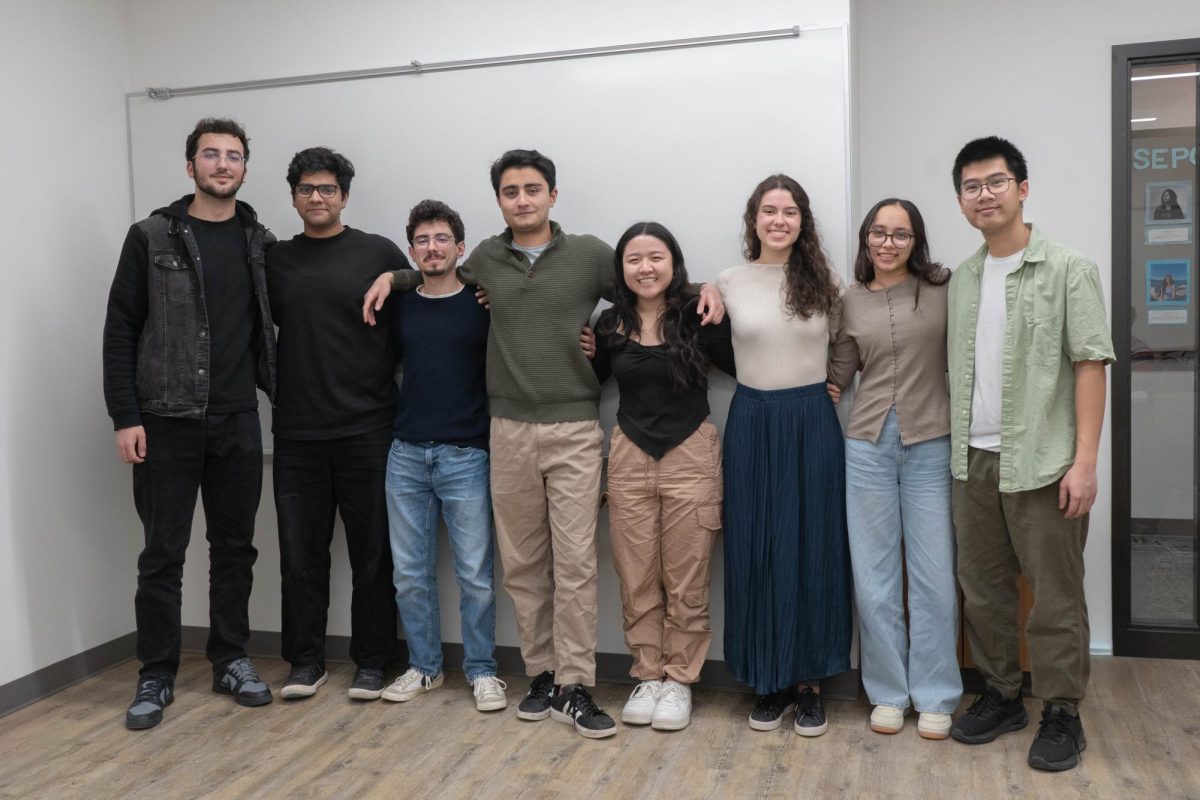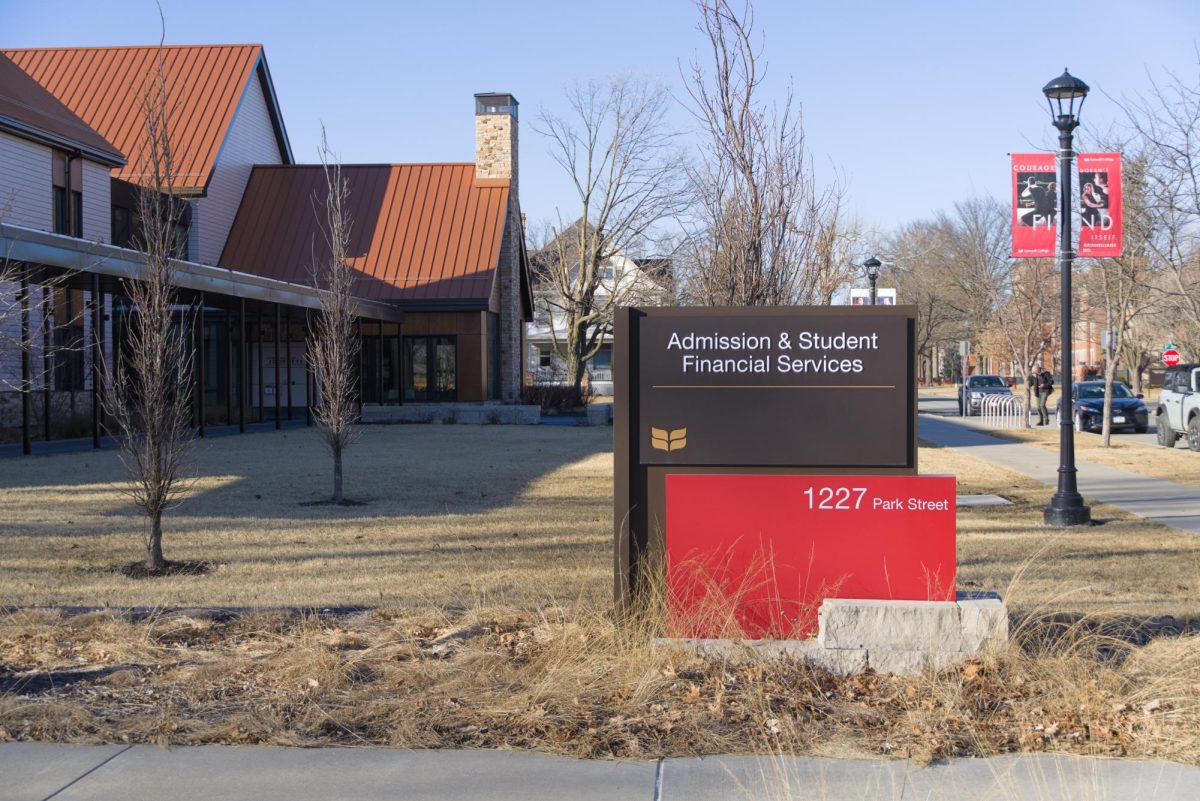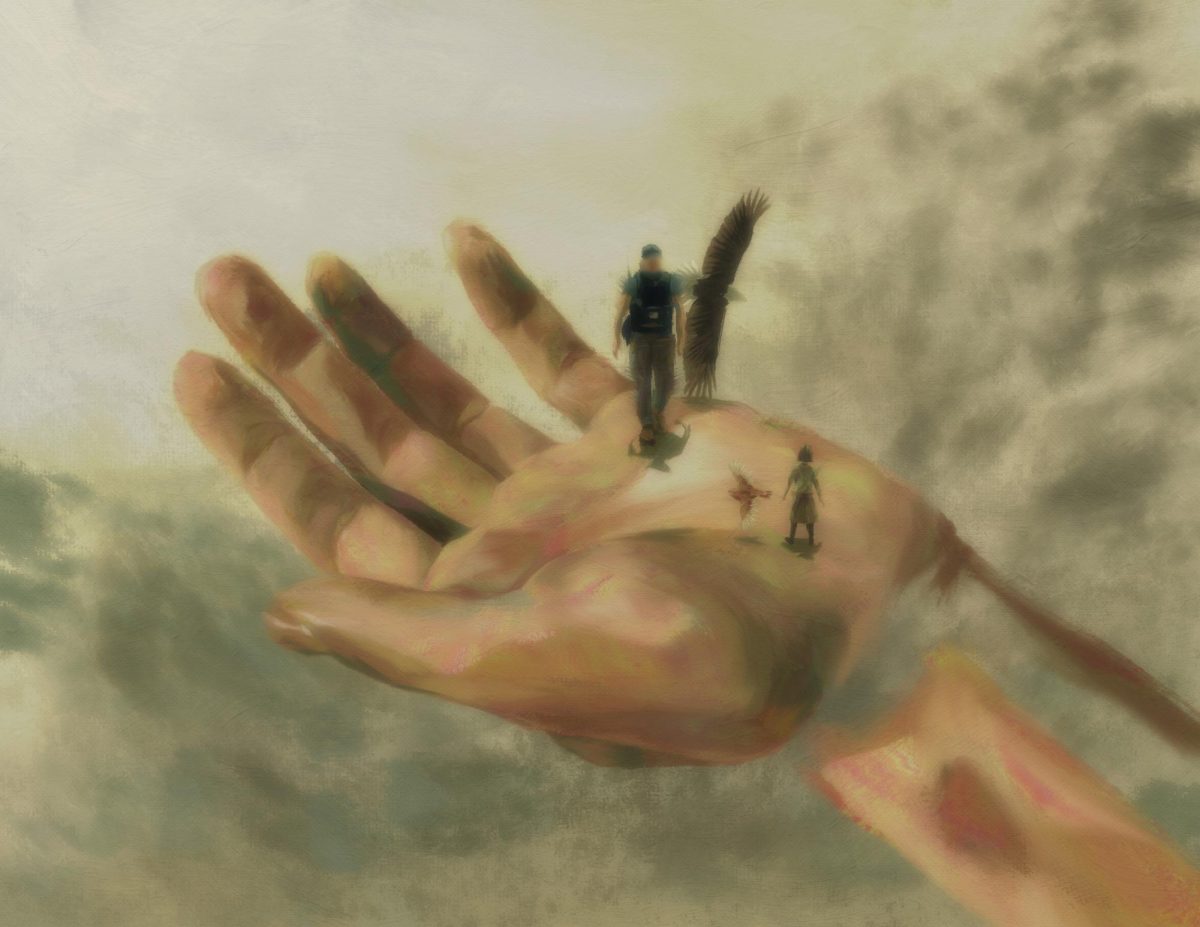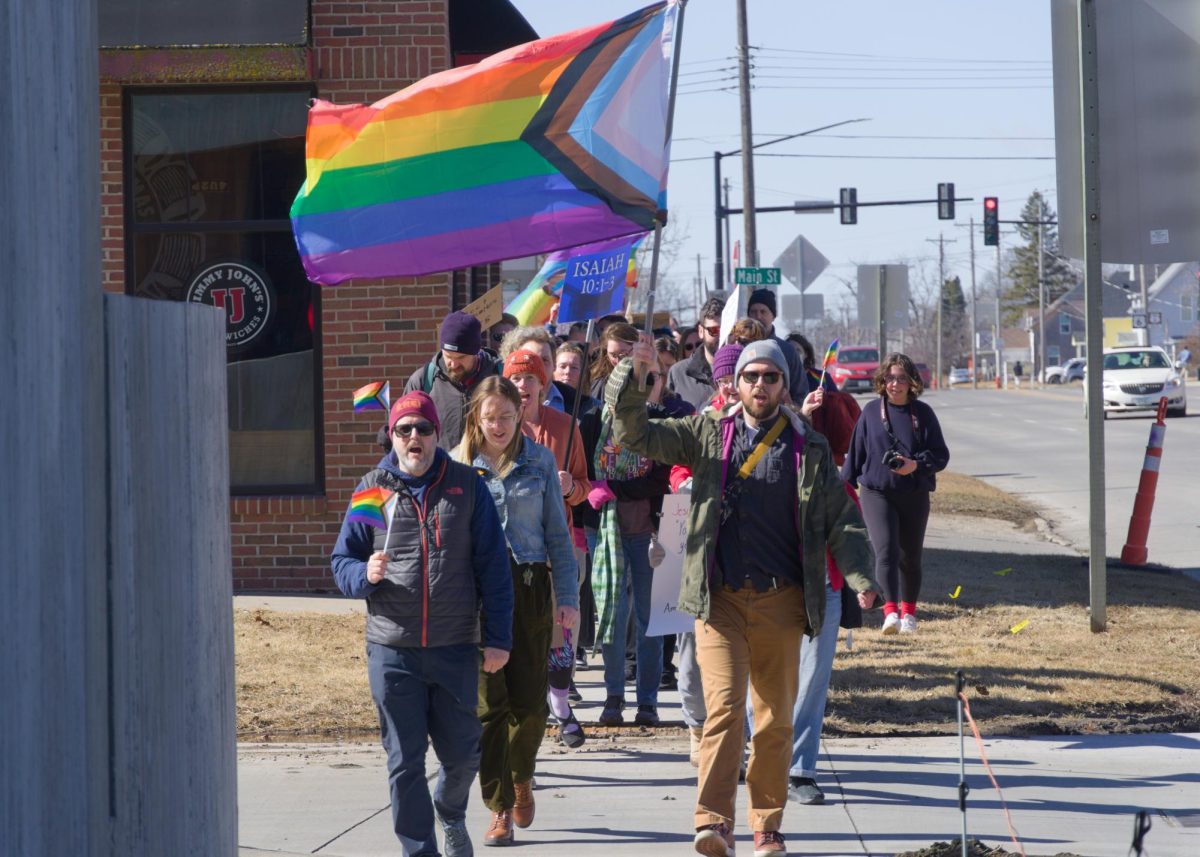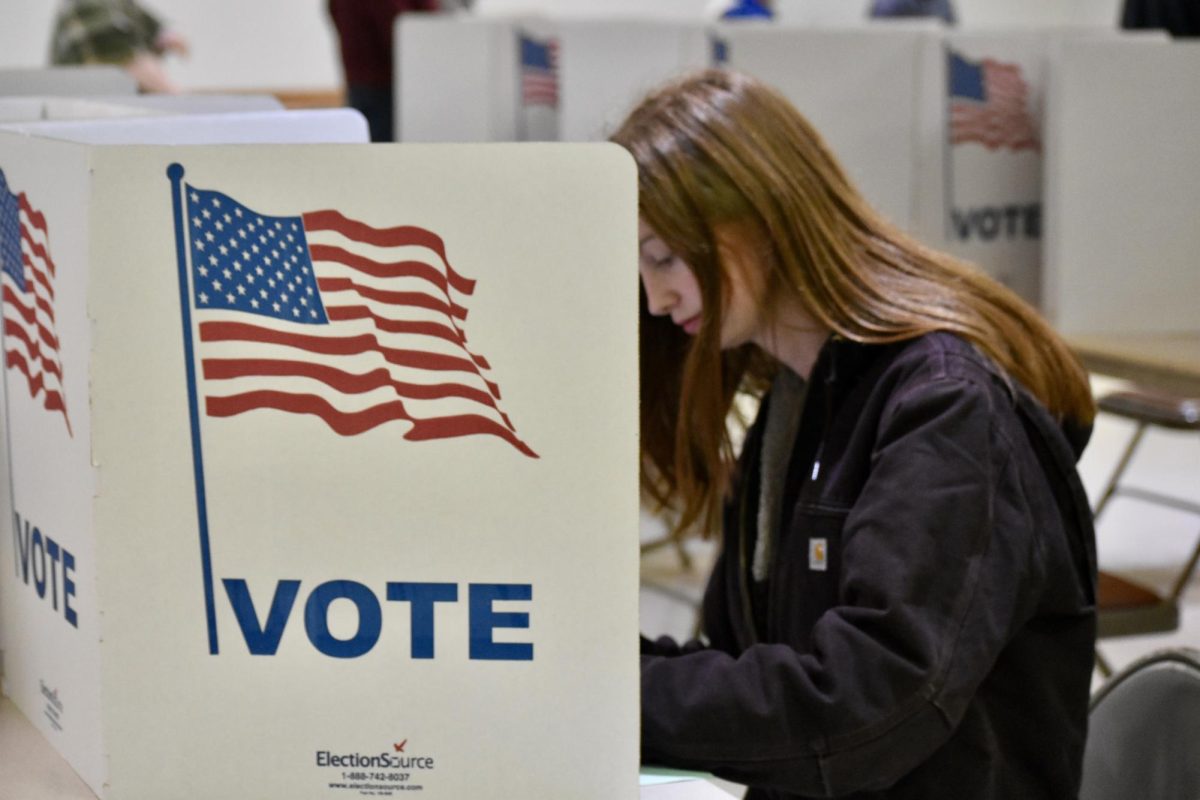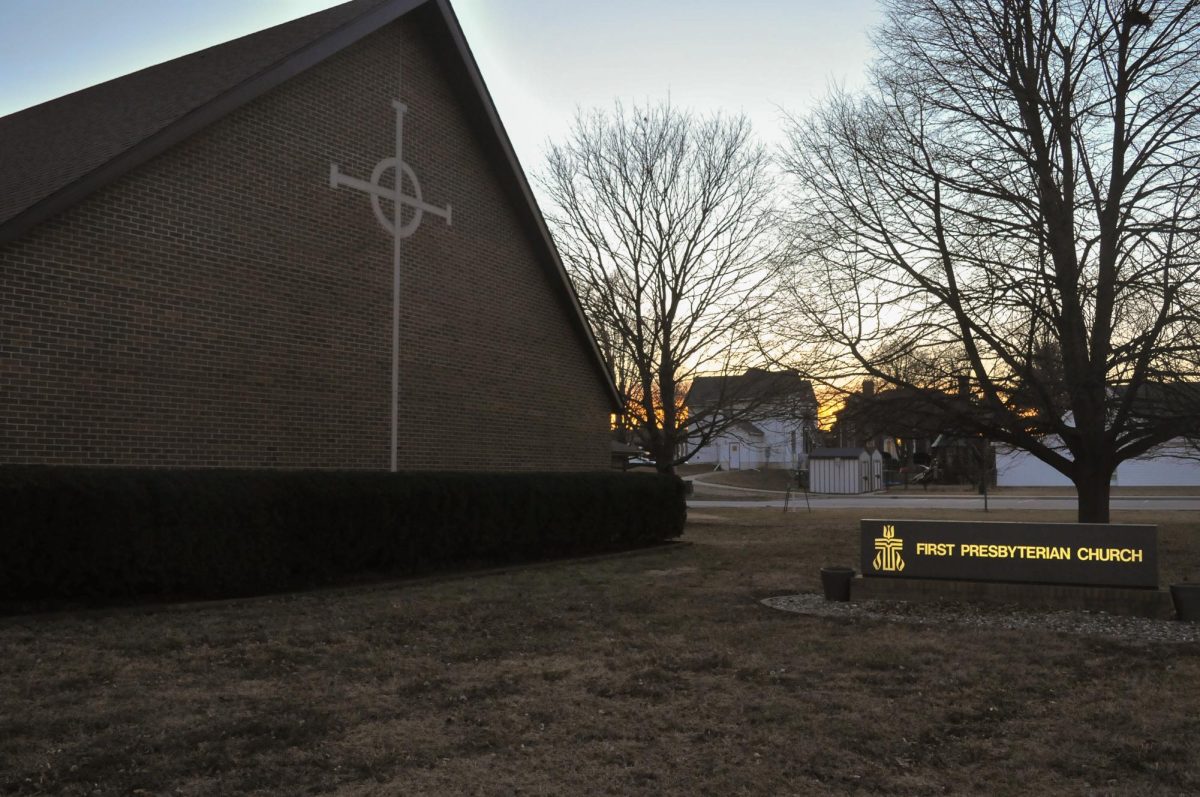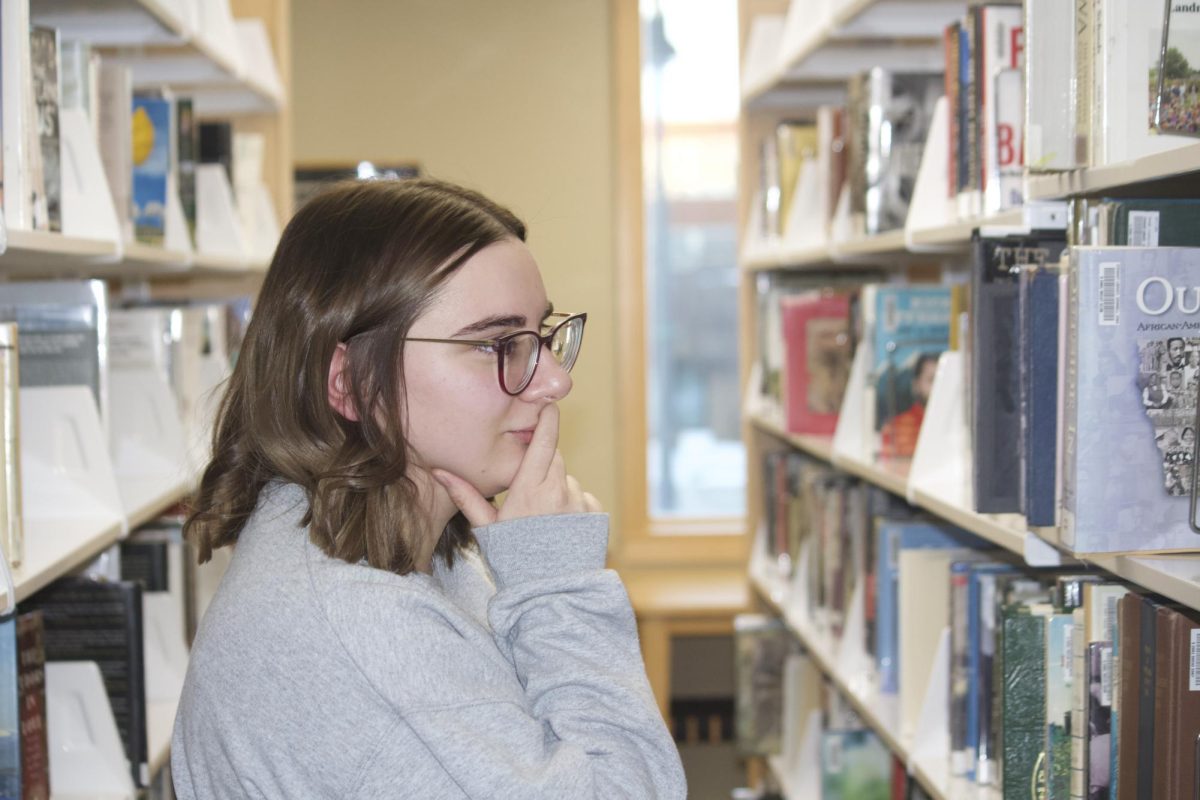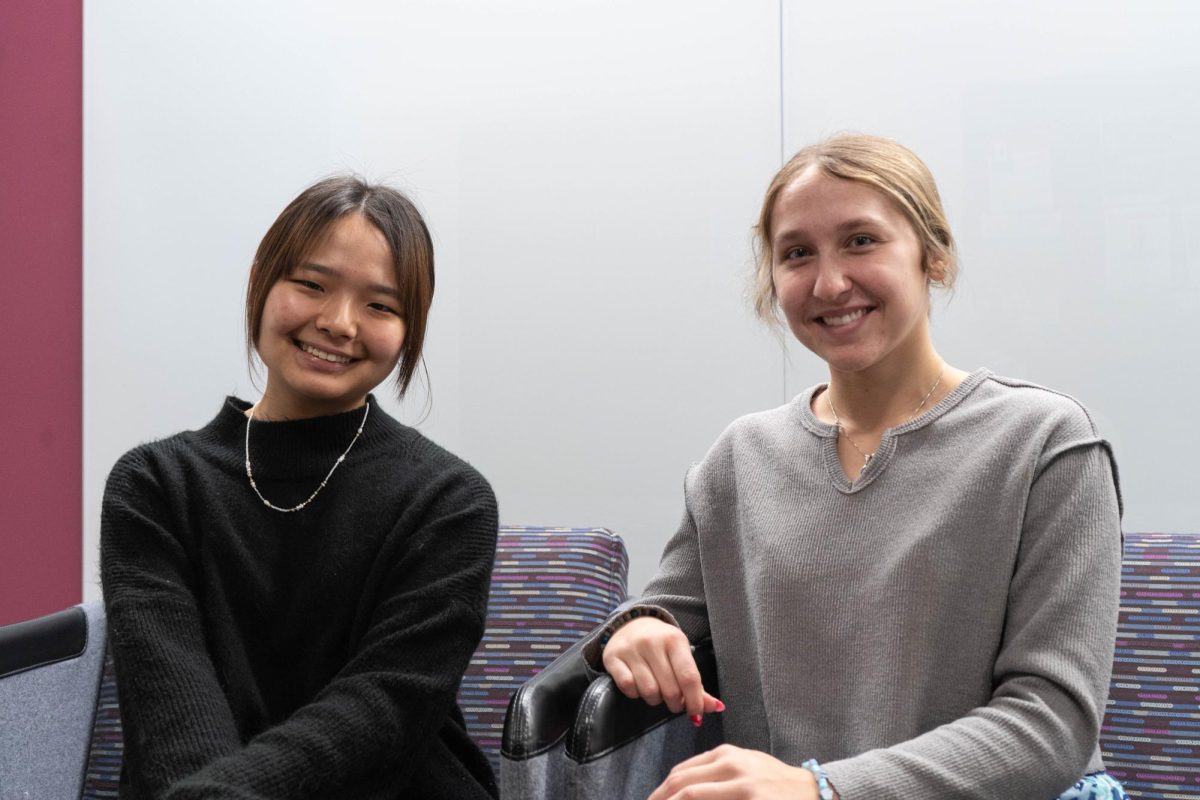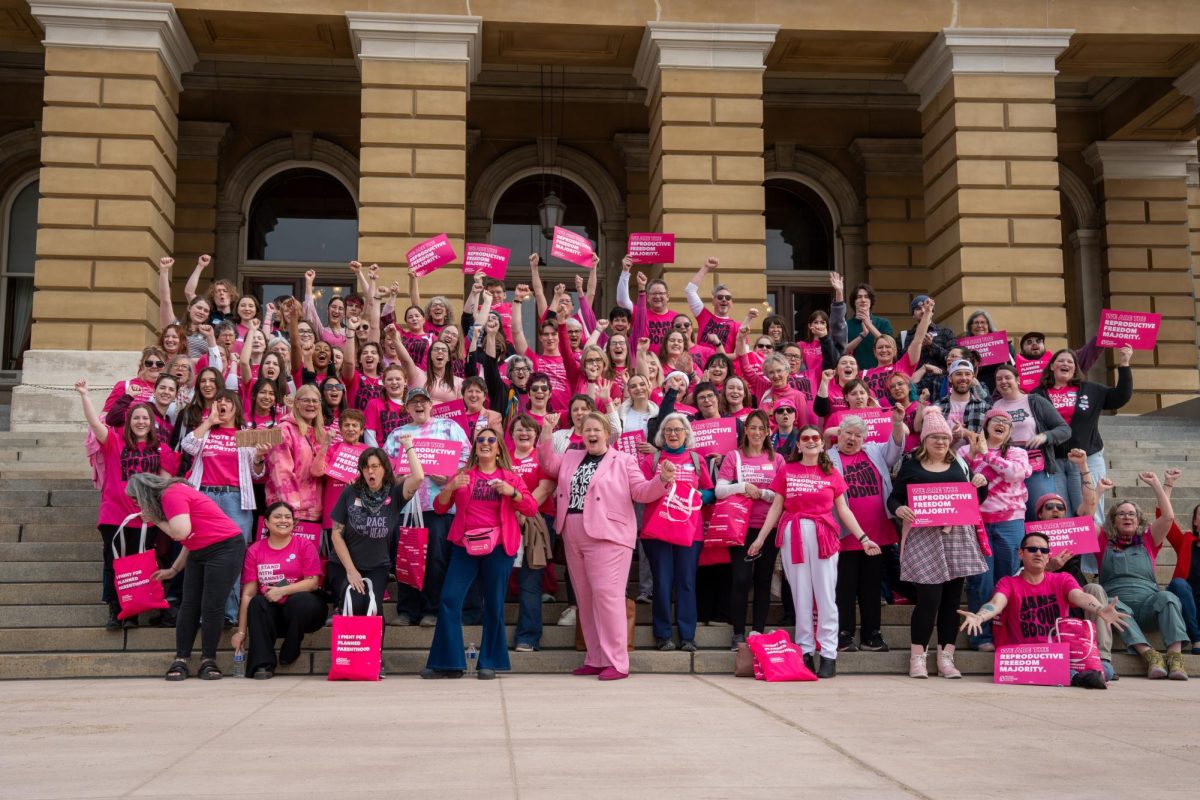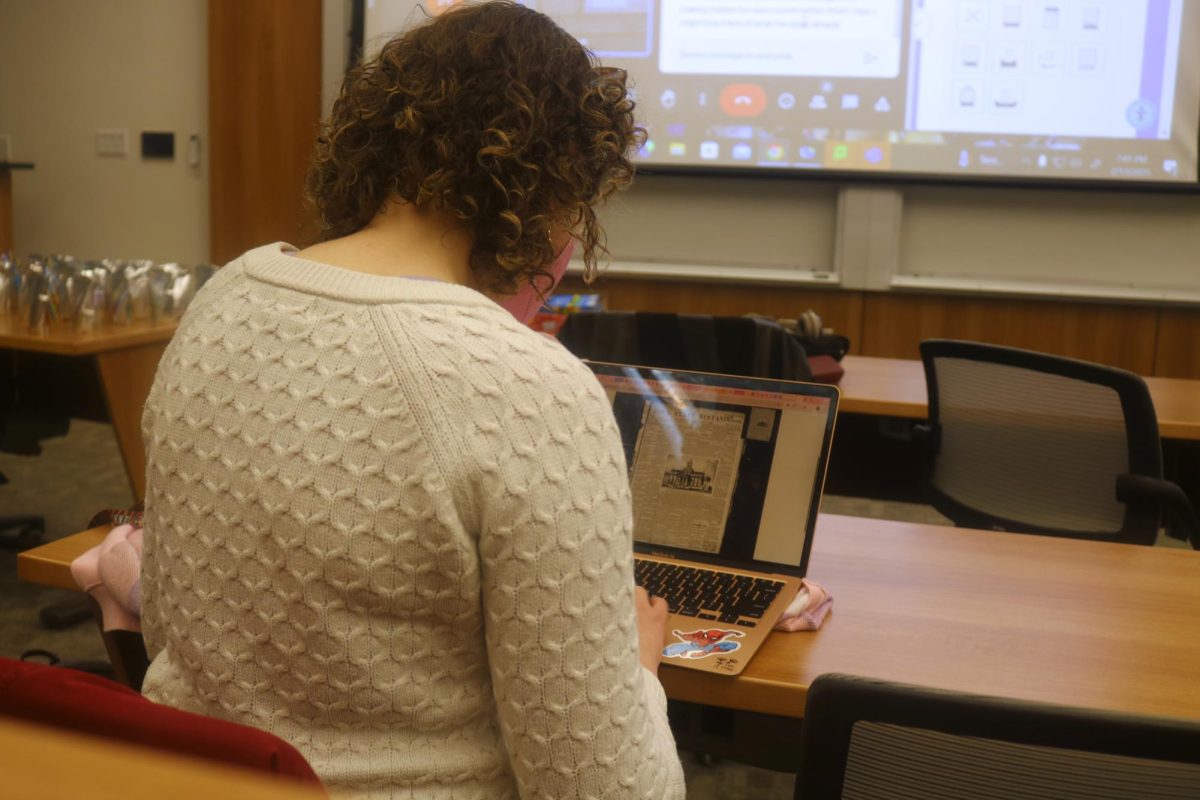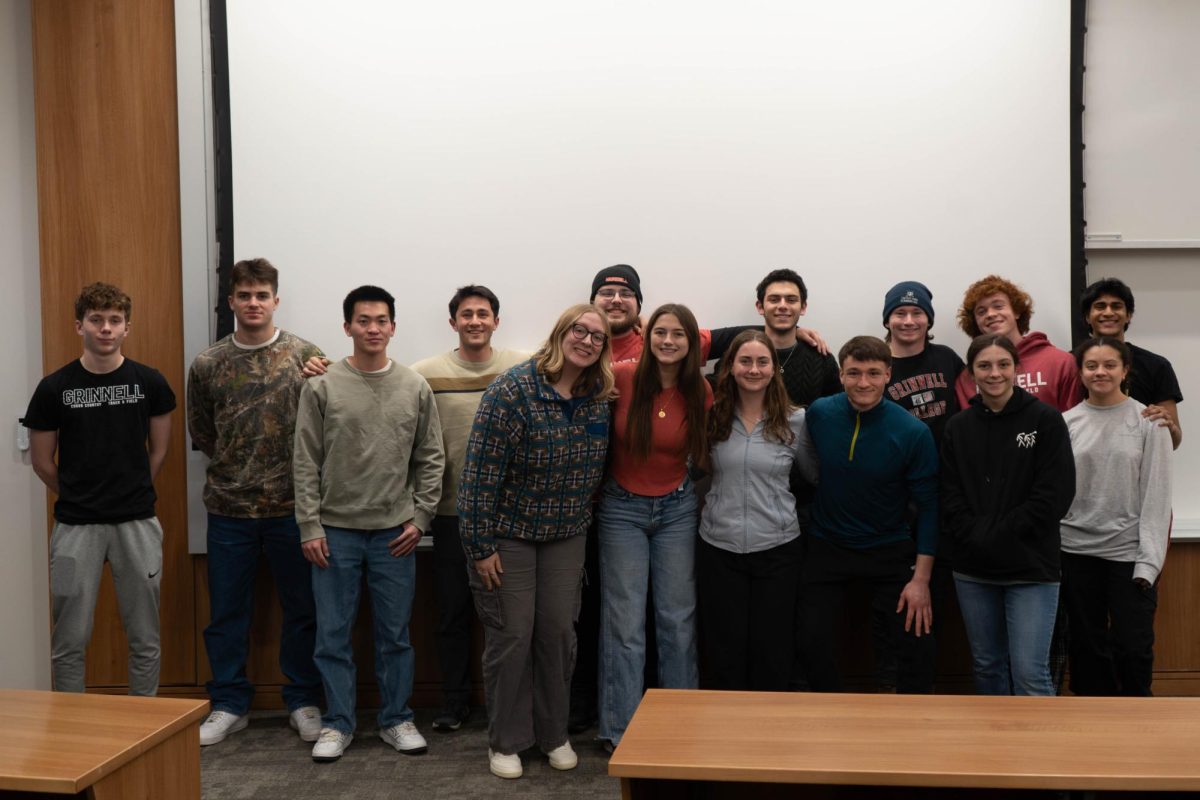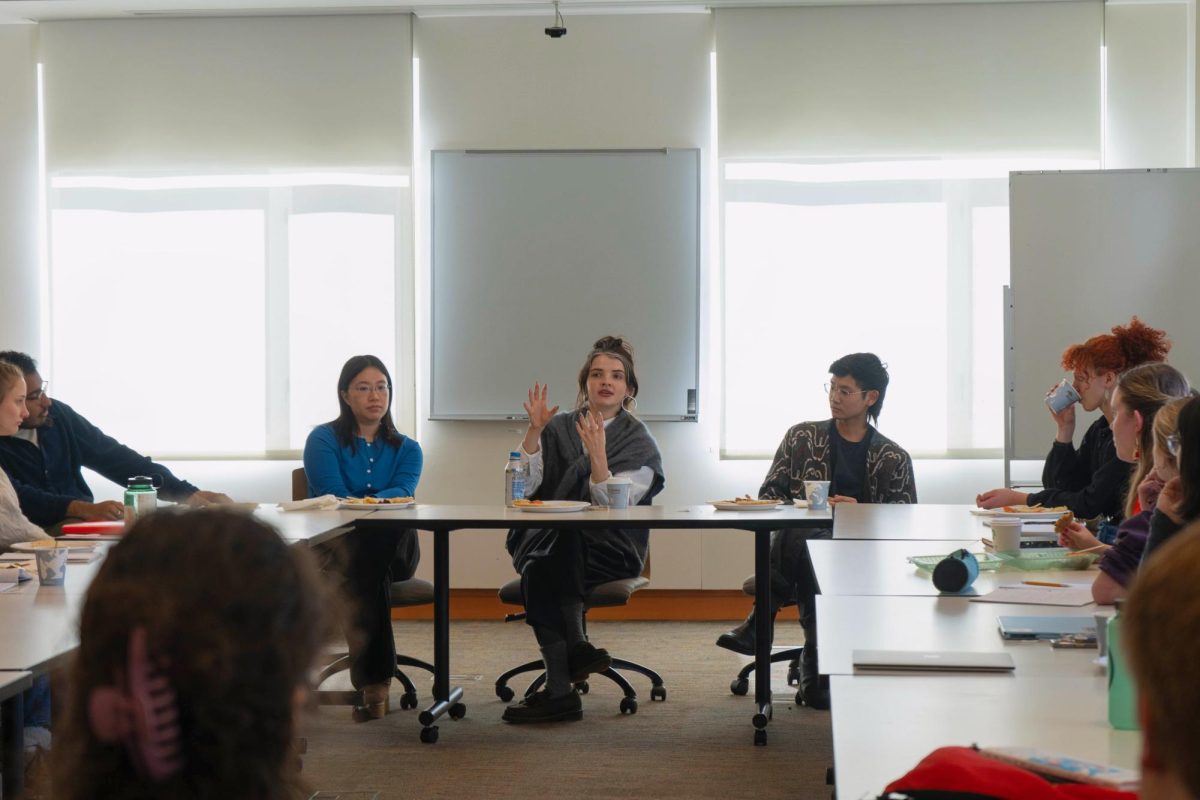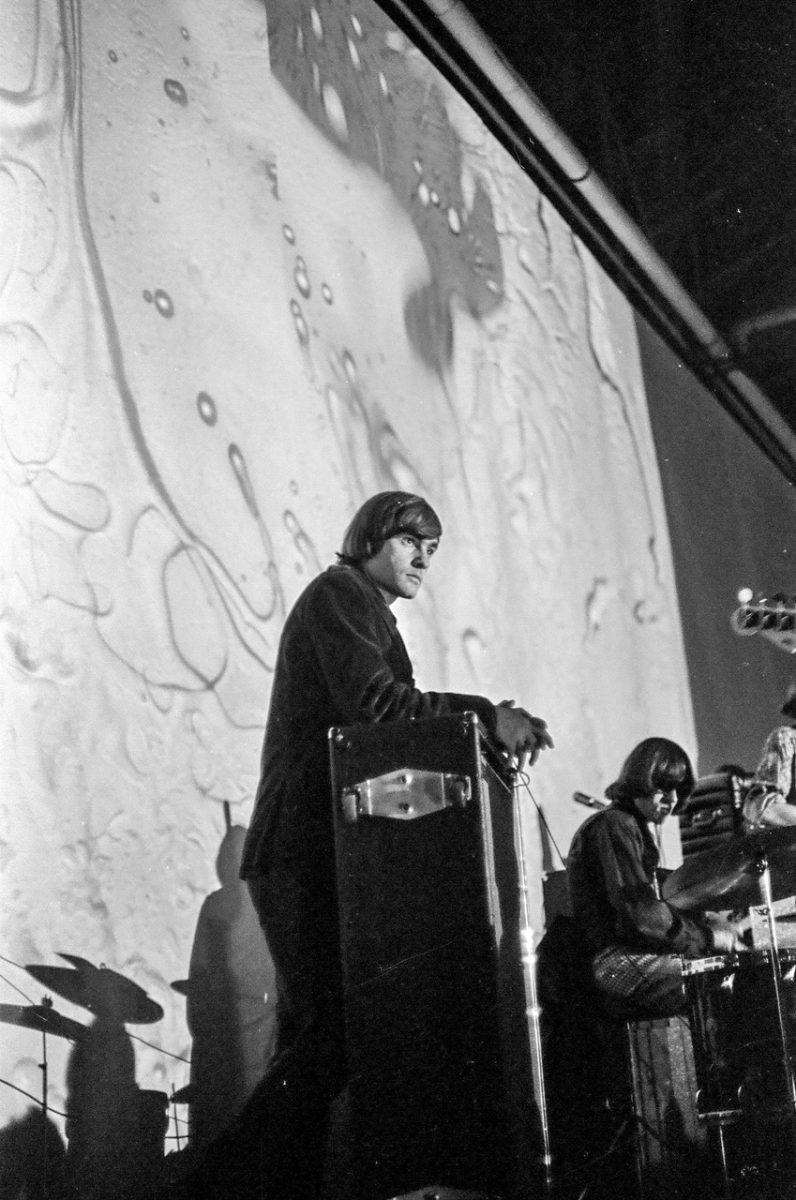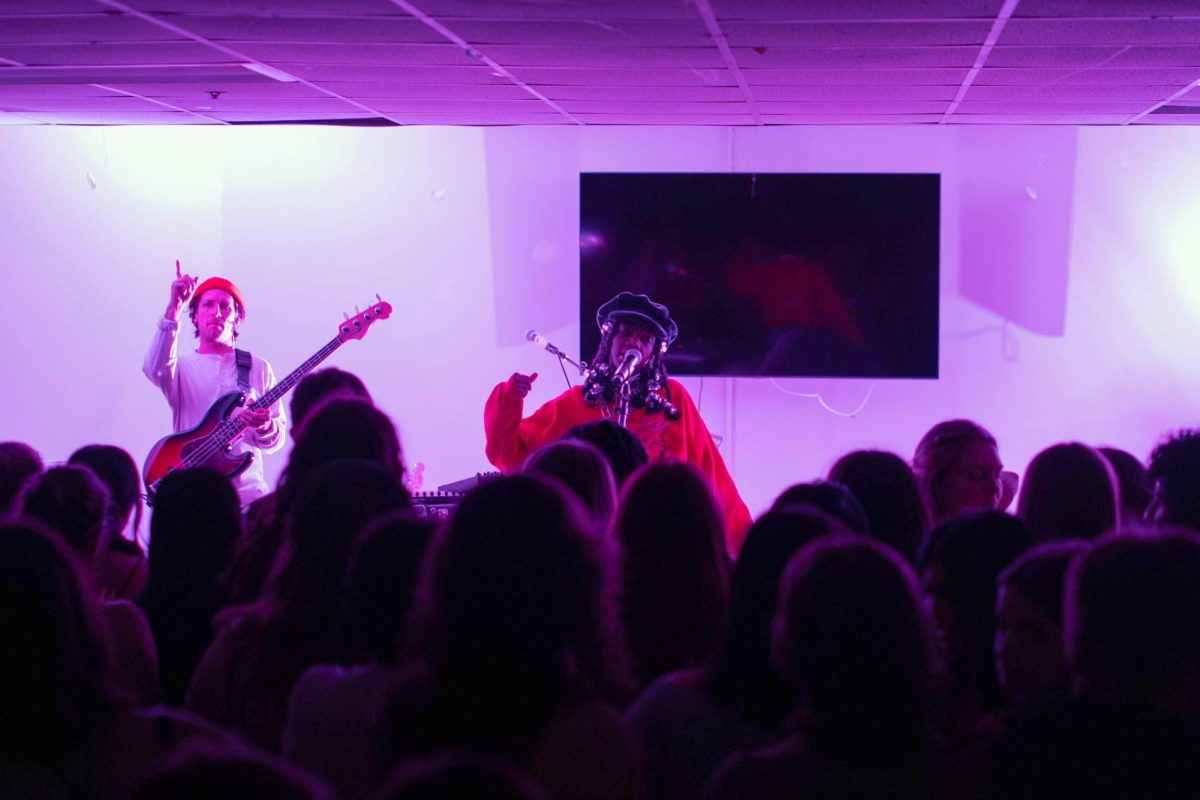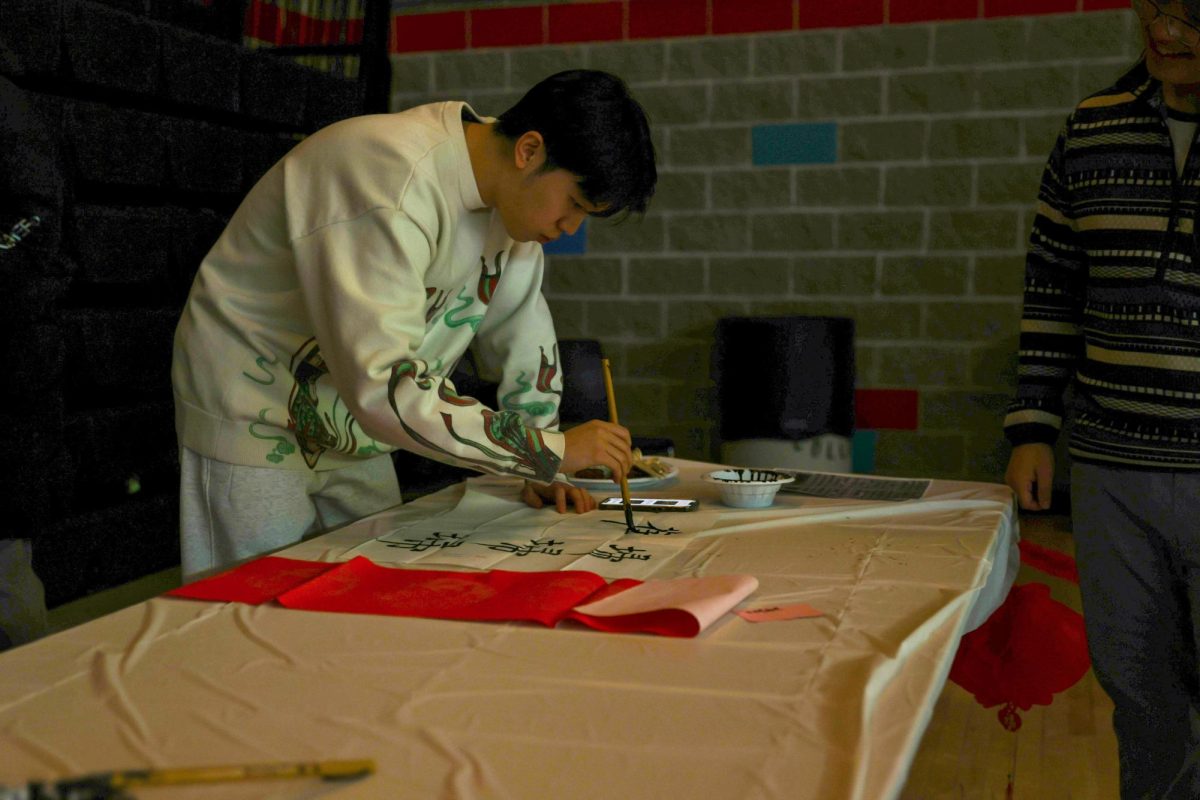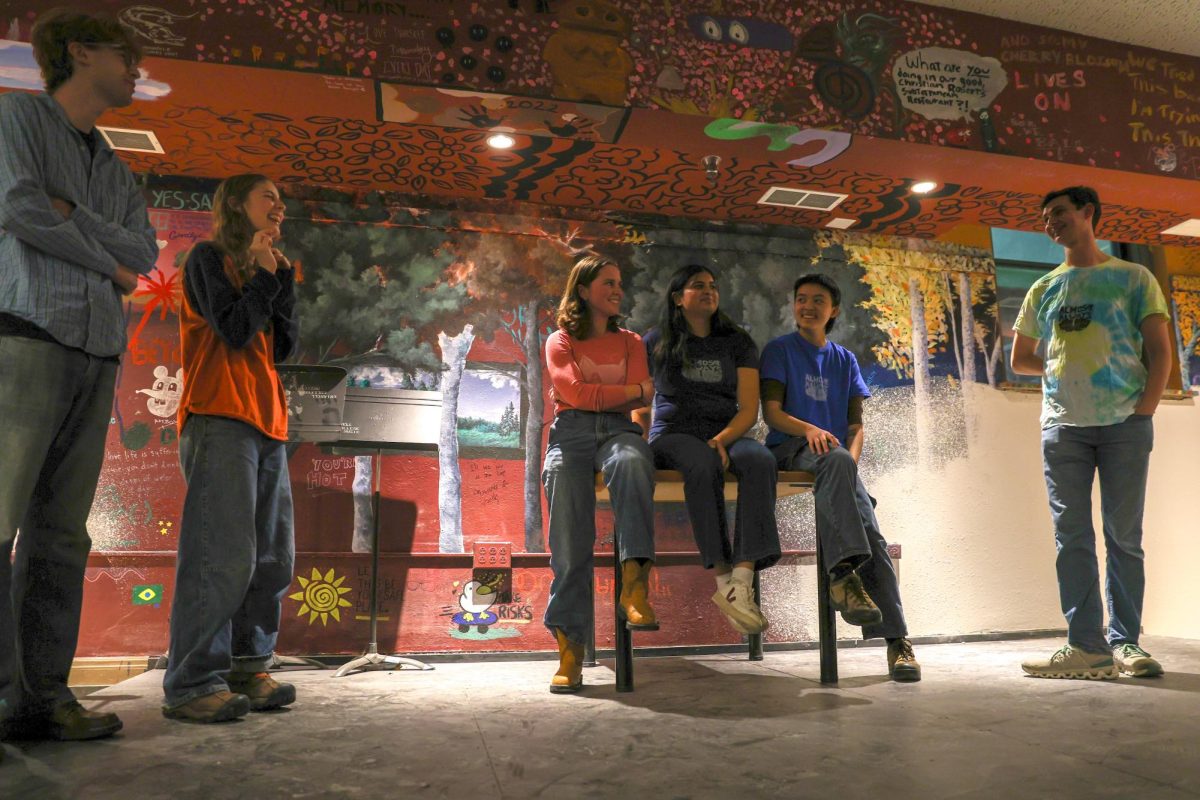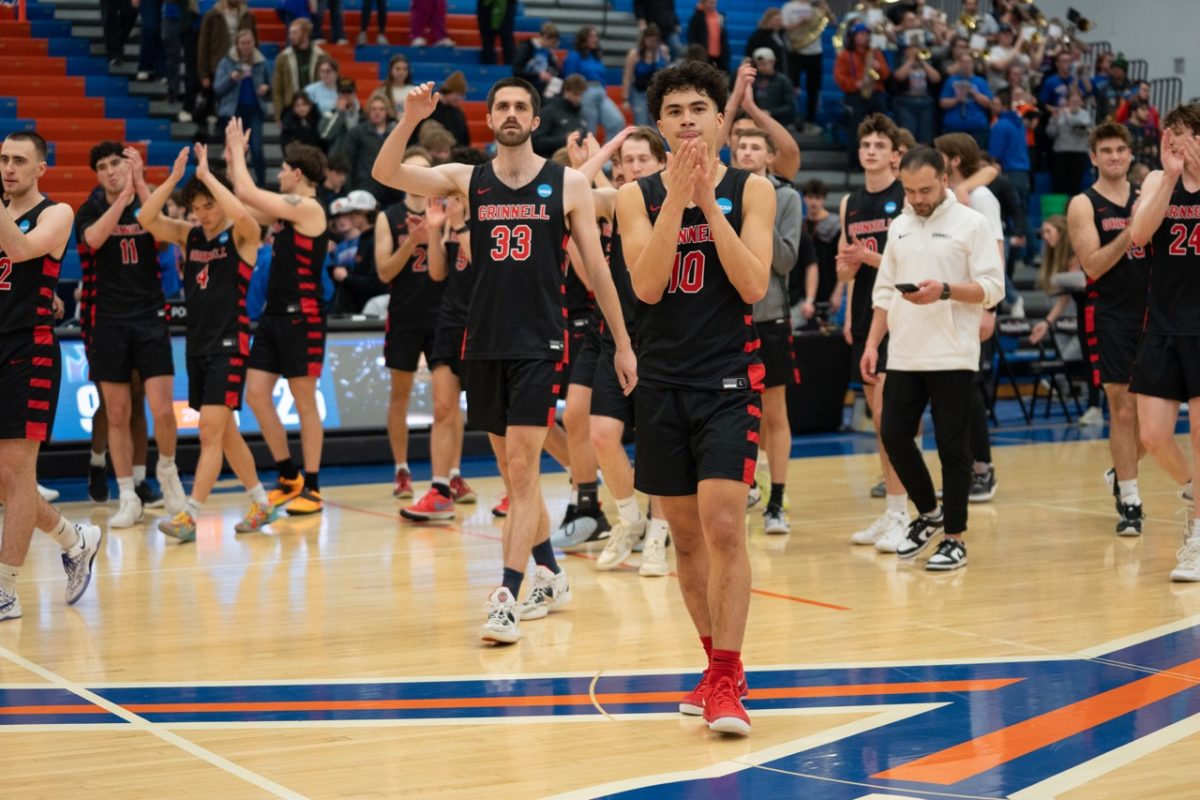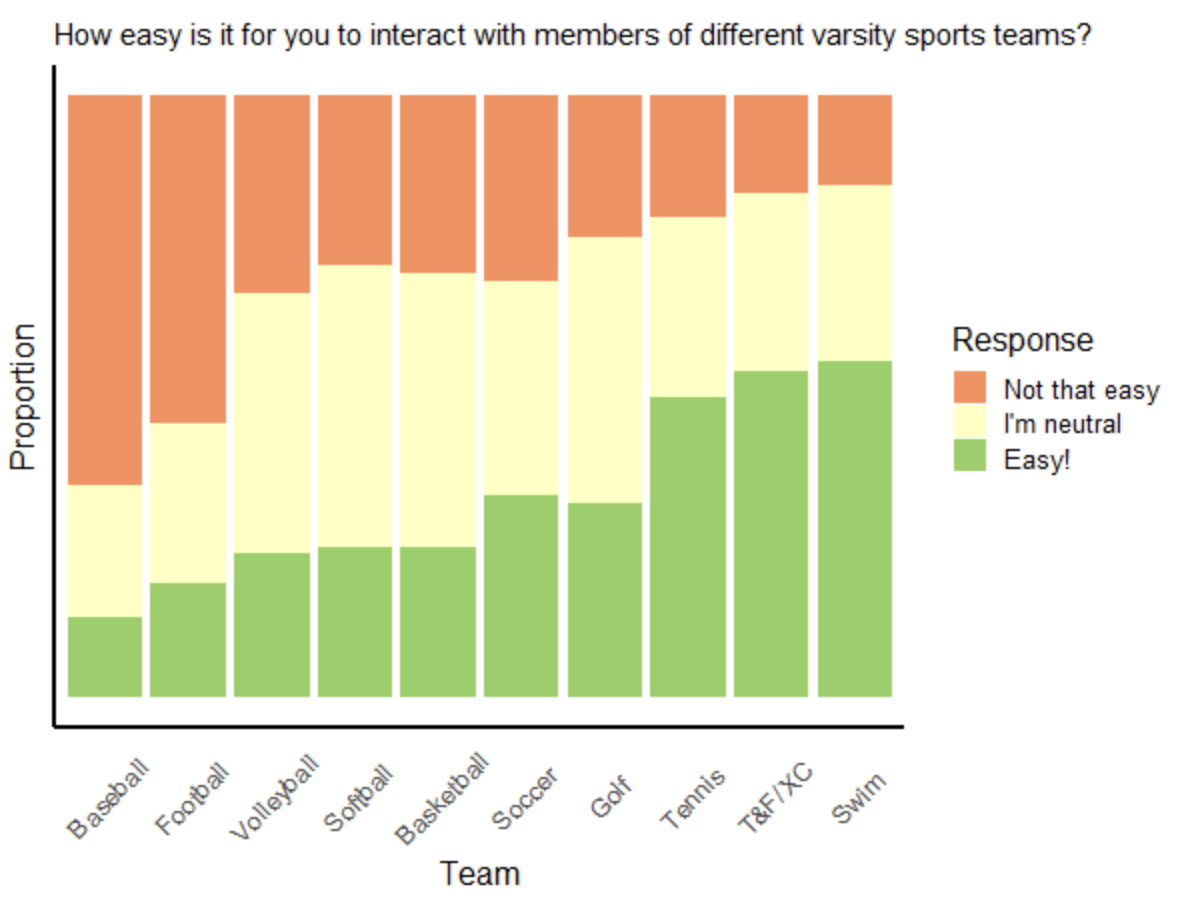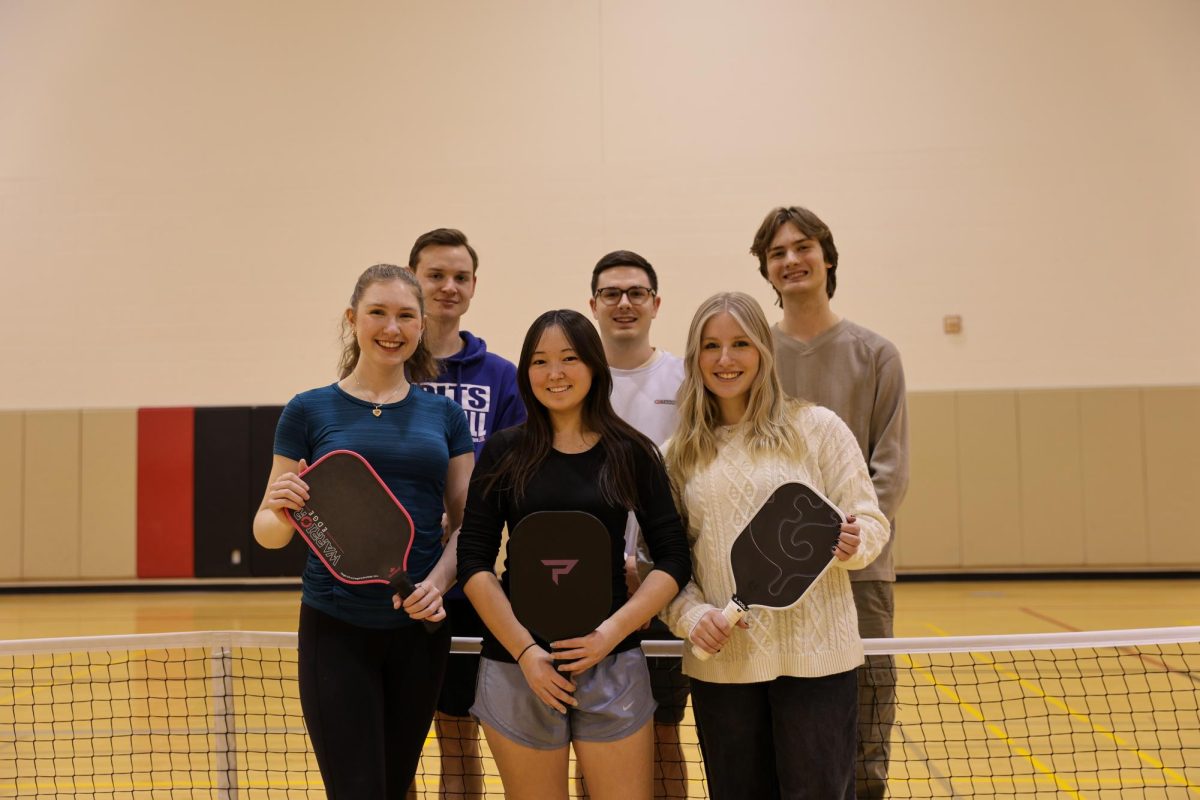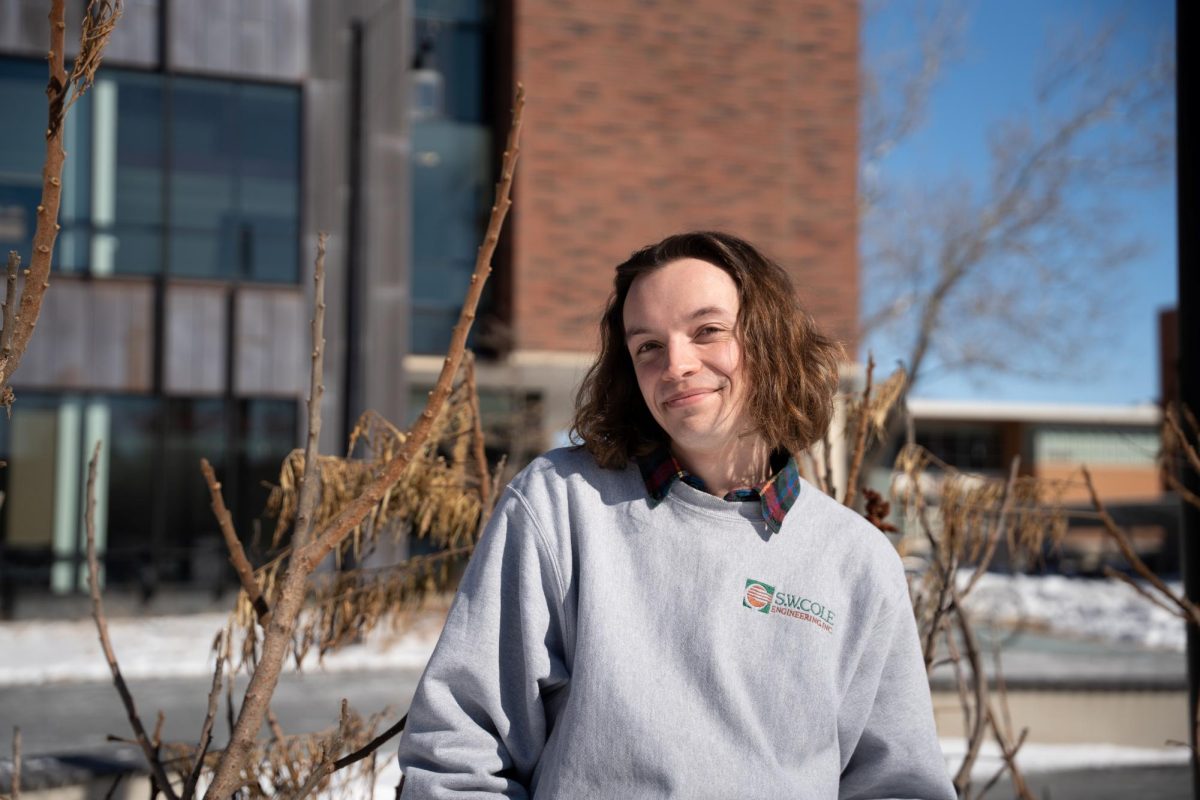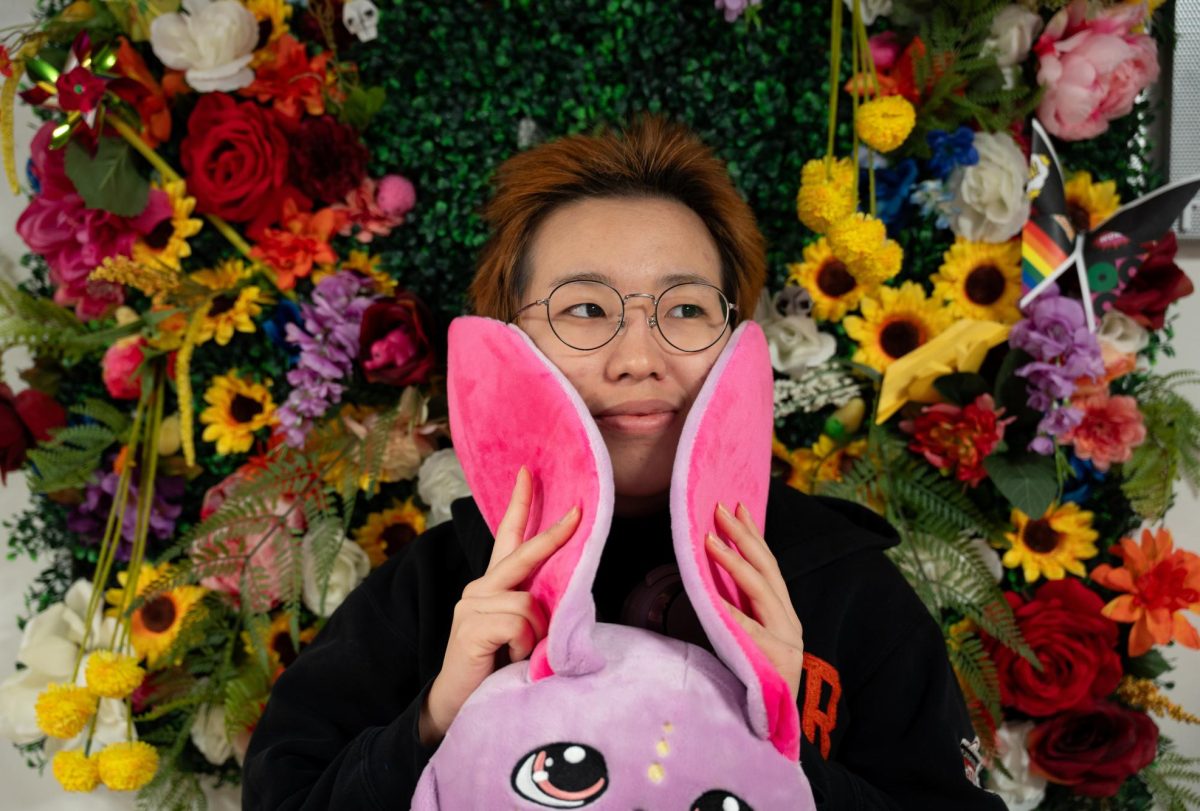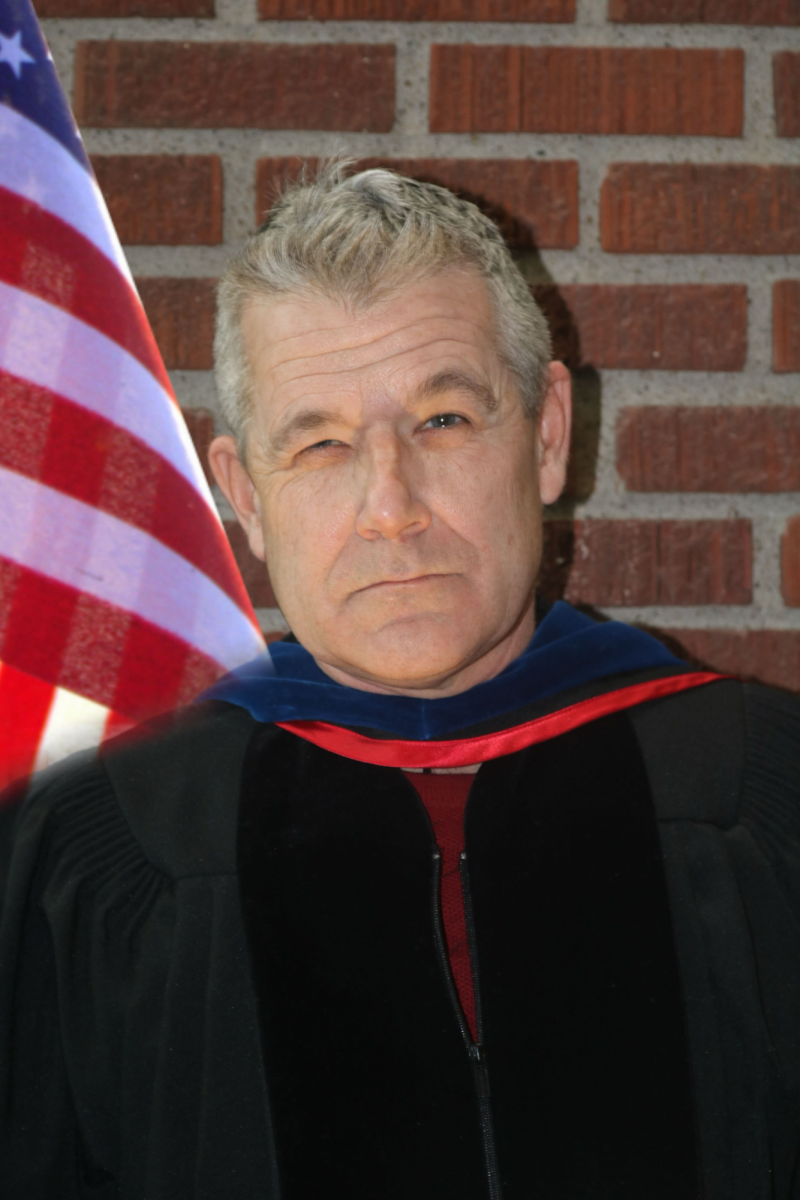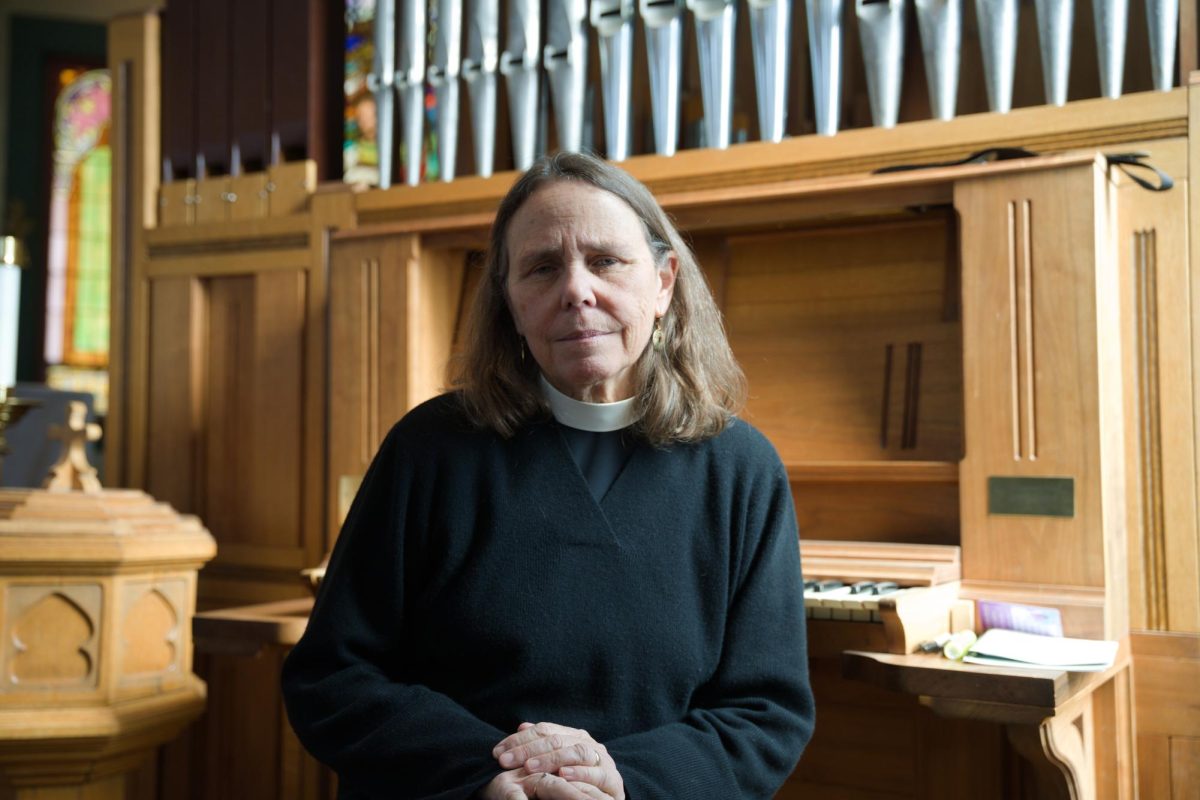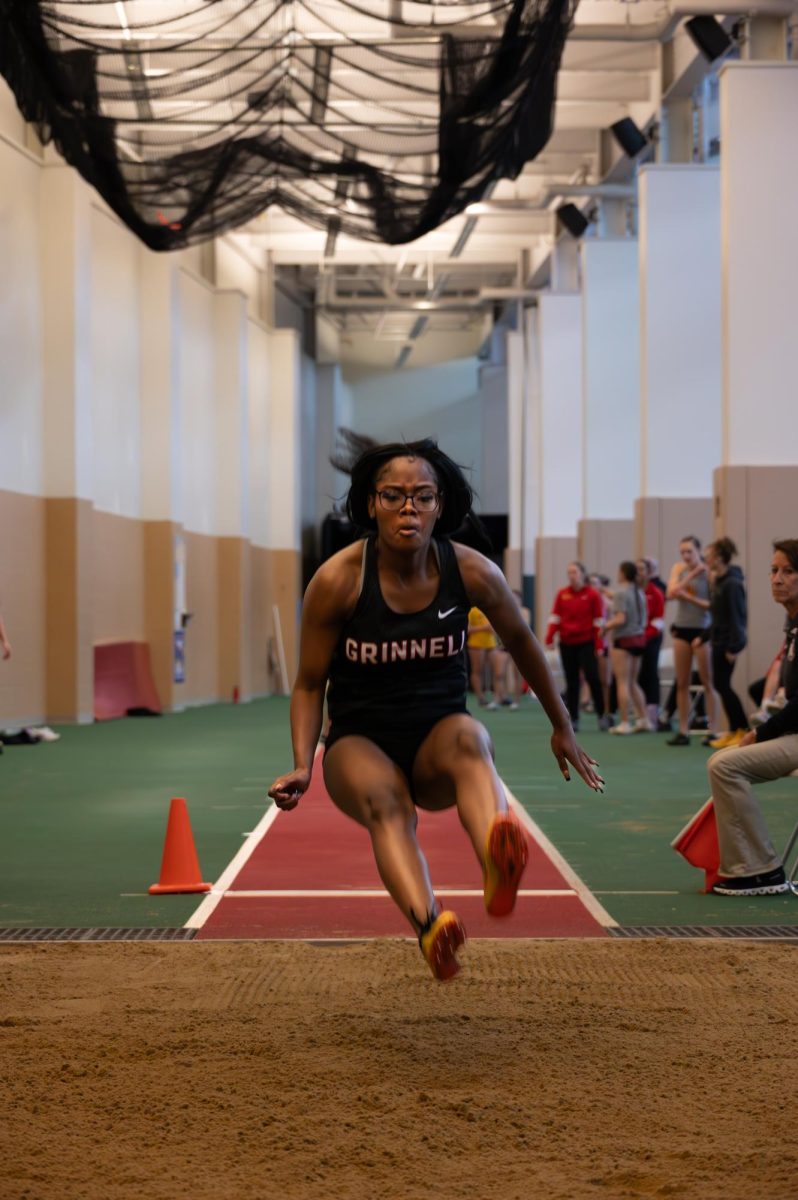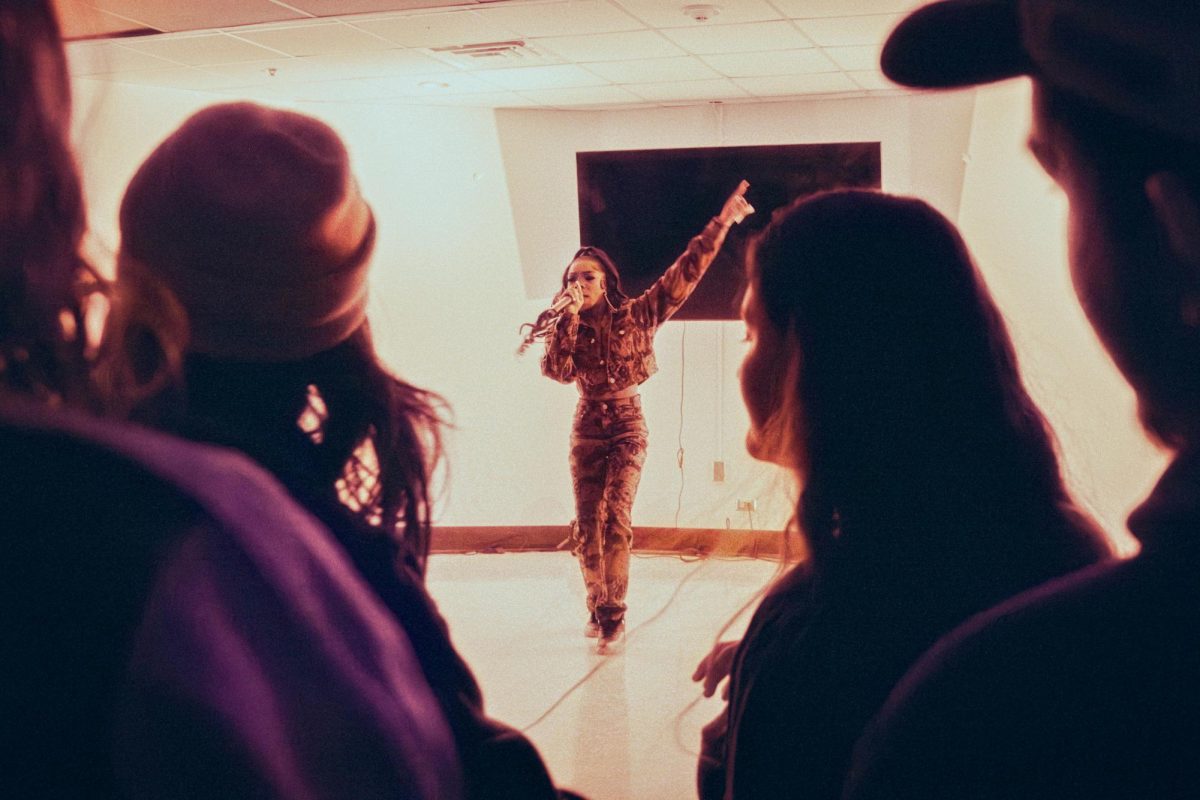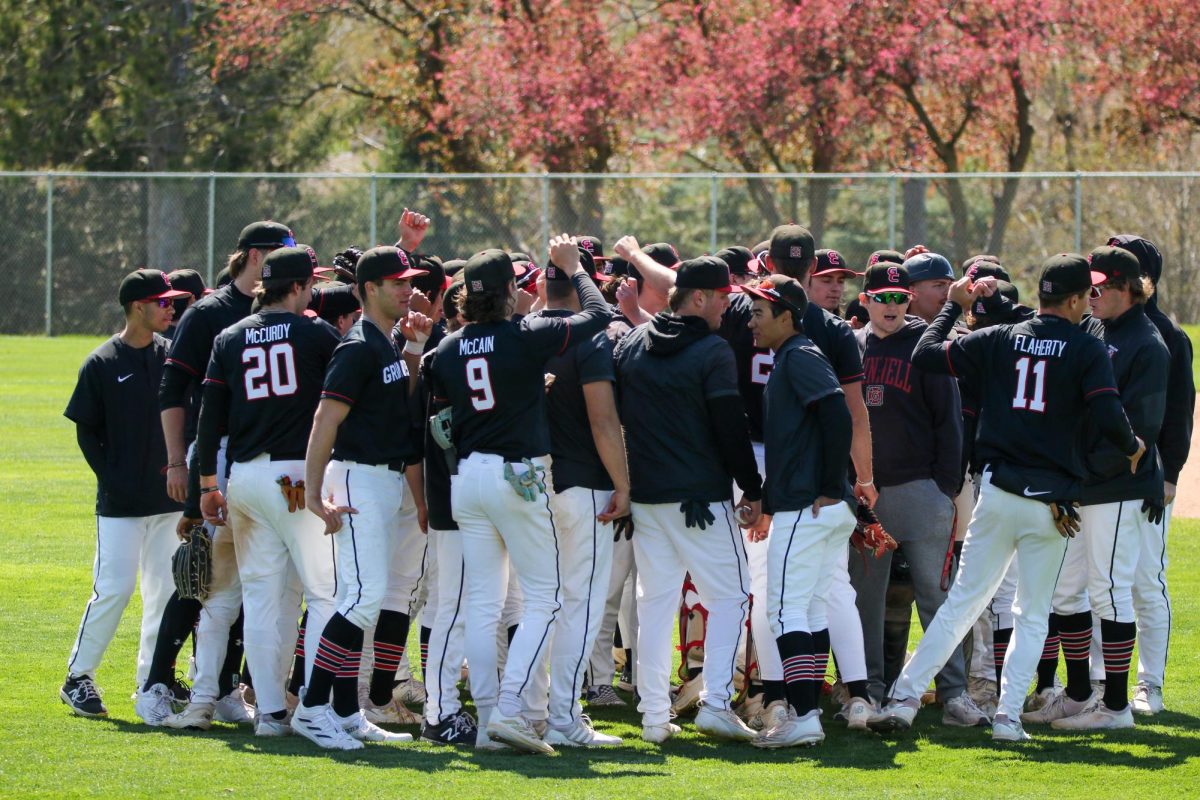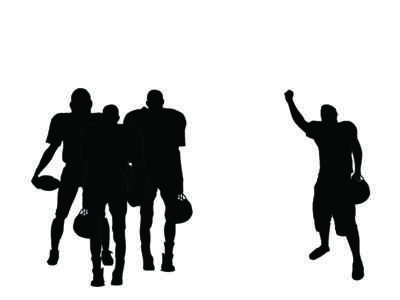
By Julia Echikson
echikson@grinnell.edu
Activism has long been a part of professional sports. In 1968 Olympics, athletes Tommie Smith and John Carlos raised a black, gloved fist during their medal ceremony, protesting the treatment of African-Americans. And in 2014, the L.A. Clippers basketball team wore their jerseys upside down after the owner of the team made racists comments.
More recently, however, Colin Kaepernick, the backup quarterback for the San Francisco 49ers, provoked an avalanche when he took to his knee during a rendition of the national anthem to protest police brutality against people of color. Critics have accused him of being a traitor, while others have lauded him for bringing more attention to a growing issue.
Other professional athletes including Jeremy Lane, Megan Rapinoe and Brandon Marshall followed suit. From the first time Kaepernick took to his knee over a month ago, the conversation surrounding police brutally has not quieted with last week’s shootings in Charlotte and Tulsa. The S&B investigated how Grinnell’s own football team fits into the narrative.
“Nobody’s talked about it,” said Head Coach Jeff Pedersen.
No players have discussed Kaepernick’s action to Pedersen. But Pedersen said he would support a player exercising his first amendment right in protesting.
Given Grinnell College’s identity as a social justice-oriented school, the lack of discussion regarding Kaepernick’s action may come as a surprise, but Pederson said people protest in different ways.
“I don’t think you should judge folks who aren’t kneeling and say that they don’t care about these issue,” Pedersen said.
“[It is] easier to be white in America than it is to be colored,” said one football player, Jack, who wishes to remain anonymous. “[People of color] have to fight a lot of stereotypes and have to work twice as hard, most people say.”
Although he agrees with Kaepernick that the country needs change, he supports legislative reforms over political protests.
“It’s painful to honor a country that does not honor its citizens,” Jack said. “Colin Kaepernick’s ideas about America [are] the same way I have felt since the beginning of my college football career.”
“I support his stance and respect him for beginning the voice and motivation for black and colored people. Representation on a nation scale —like the NFL — is exactly what we need. In my opinion, we need more players to sit for this cause. It’s sad about how much flak he is getting for speaking on a nation crisis.”
But other Grinnell football players feel differently. Linebacker DJ Coleman ’19 protests in his own way each game: by raising his fist in the Black Power salute, not unlike Smith and Carlos in 1968. None of the Grinnell College coaches have approached Coleman about his protest.
“I don’t sit because I want to stand for my brothers and sisters that are struggling, fighting, and dying,” Coleman said. “Maybe I do hate America for not supporting black lives during the national anthem, or maybe I’m just tired of turning the other cheek. So I will continue to raise my fist until football is not in my cards any more.”
Because Grinnell’s football garners less media attention than NFL football, players feel less obligated to react publically than professional athletes.
“There is a difference between the responsibility of a National Football League and a Division III college football team,” Jack explains. “Our games are not televised. They are live-streamed to our moms and dads. Our stage to make a difference is less, and because of that have we less of a reach.”
Though many of criticized Kaepernick for politicizing the sports arena, Jack says the NFL was political long before Kaepernick started playing.
“If football wasn’t more than a game, then why [does the NFL] run all of these campaigns against domestic violence and kids getting outside, running 60 minutes a day,” Jack said. “If the NFL can freely use the stage that national football creates, shouldn’t Kaepernick take advantage of the same stage?”
Ultimately, Grinnell’s football team players have expressed their solidarity — either privately or in each game — but not to the dismay of their coaches, who feel politics and sports are inevitably intertwined.
“Activism has a place in society, and sport is a reflection of society,” Pedersen said.
-The name of the player has been changed to maintain their privacy.
